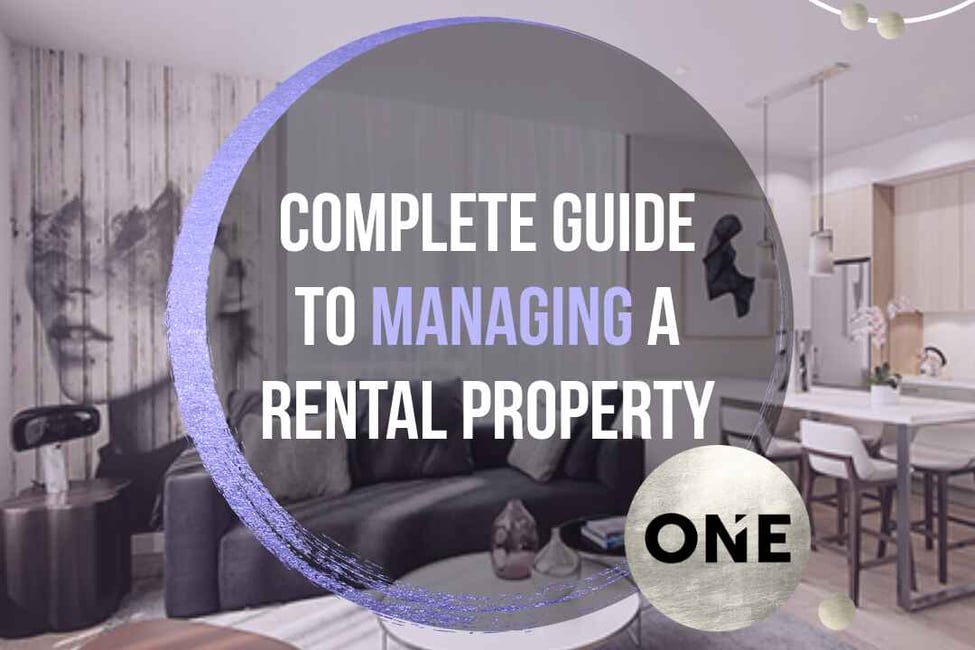Happy tenants are the cornerstone of a successful and profitable rental property. Ensuring that your tenants feel valued and satisfied can lead to long-term stability and a positive reputation. Here’s a guide with practical strategies to help you keep your tenants happy and engaged:
1. Open Communication
Be Accessible: Make it easy for your tenants to reach you with any questions or concerns. Provide multiple contact methods, such as phone, email, or a tenant portal, and ensure you respond promptly to their inquiries.
Regular Updates: Keep your tenants in the loop about property maintenance, policy changes, and any other relevant information. Regular updates help tenants feel informed and involved, reducing misunderstandings and fostering trust.
2. Prompt Maintenance and Repairs
Timely Response: Address maintenance requests quickly to show tenants that you care about their living conditions. Promptly fixing issues not only improves tenant satisfaction but also prevents small problems from becoming larger, more costly repairs.
Preventive Maintenance: Conduct regular inspections and preventive maintenance to catch and address issues before they become major problems. Routine checks on plumbing, heating, and other systems help maintain the property’s condition and avoid inconvenient breakdowns.
3. Fair and Consistent Policies
Clear Rules: Establish and clearly communicate policies regarding rent payments, property use, and other guidelines. Having well-defined rules helps manage tenant expectations and ensures everyone understands their responsibilities.
Consistency: Apply rules fairly and consistently to all tenants. Avoid favoritism or uneven enforcement of policies, as this can lead to dissatisfaction and potential disputes.
4. Creating a Positive Living Environment
Amenities: Offer and maintain amenities that enhance tenant satisfaction. Features such as laundry facilities, secure parking, and clean common areas contribute to a comfortable living experience and add value to your property.
Community Building: Organize events or initiatives that foster a sense of community among tenants. Hosting social gatherings, organizing neighborhood clean-ups, or creating shared spaces can help build relationships and create a friendly atmosphere.
5. Showing Appreciation
Recognition: Acknowledge and thank tenants for timely rent payments and their efforts in maintaining the property. Simple gestures like a thank-you note or verbal recognition can go a long way in making tenants feel valued.
Rewards: Consider offering incentives, such as small gifts or rent discounts, for long-term tenants or those who refer new tenants. Rewards not only show appreciation but also encourage tenant loyalty and positive word-of-mouth.
By implementing these strategies, you’ll create a more enjoyable living experience for your tenants, leading to higher satisfaction and retention rates. Happy tenants are more likely to stay longer, take better care of the property, and recommend it to others, contributing to the overall success of your rental property.
Example Scenario and Steps
Scenario: Tenant Complaints About Unresponsive Maintenance
Steps:
1. Check Records: Review your documentation to confirm the maintenance request was received and identify any delays.
2. Confirm the Issue: Contact the tenant to verify the details of the maintenance problem and apologize for any inconvenience.
3. Prioritize Repair: Arrange for a maintenance professional to address the issue urgently and provide an estimated completion time to the tenant.
4. Update the Tenant: Keep the tenant informed about the repair status and expected resolution time.
5. Follow Up: After the repair, check in with the tenant to ensure satisfaction and document the resolution.
6. Improve Processes: Assess why the delay occurred and make necessary improvements to prevent future issues.
By following these steps, you can effectively manage and resolve complaints about unresponsive maintenance, ensuring that your tenants feel heard and valued while improving your property management processes.

